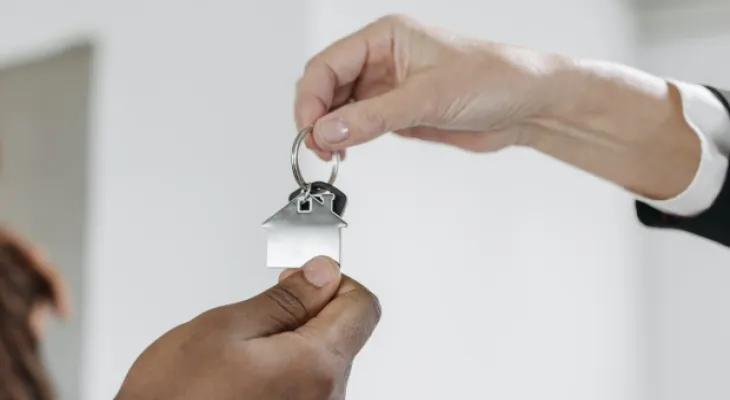Search here
Newspaper
Search here

Arab Canada News
News

Published: October 12, 2023
With rising interest rates, home prices, and inflation, a recent study found that most of Canada's millennial generation is delayed in buying a home.
The research conducted by real estate brokerage Zoocasa found that 67 percent of the 1,600 survey respondents were currently or had recently postponed the idea of homeownership in the current economic climate.
But the First Home Savings Account (FHSA), introduced by Ottawa in April, could be beneficial for those trying to save for a down payment, with 150,000 Canadians already signing up.
Evelyn Jacks, author of 55 tax books and head of Knowledge Bureau in Winnipeg, stated that the federal financial services can help bring some Canadians closer to homeownership, and they may want to consider opening an account by the end of the year.
Jacks said, "It's a triple win, you get a tax deduction, the amount becomes tax-exempt, and then you get a tax-exempt withdrawal if you buy a qualifying home."
To open an FHSA account, you must be between 18 and 71 years old and a Canadian citizen. You can contribute annual tax-exempt contributions of $8,000, with a lifetime maximum of $40,000.
The account can remain open for 15 years, and you can withdraw tax-exempt funds to purchase your first home, which is now offered by most banks and financial institutions.
Ruby Aurora, a mortgage expert at Mortgage Connection, a mortgage brokerage, stated that the FHSA account can be used alongside other existing savings programs.
She added, "You can stack this program with other existing programs like homebuyer plans where you can withdraw from your RRSP plans."
You are allowed to borrow up to $35,000 from your RRSP program to buy a home, but the funds must be repaid within 15 years, and you can also use the money saved in a tax-free savings account (TFSA) to purchase a home.
Two people working together to buy a home can combine the three programs and pool funds for the purchase. For example, one person can obtain $40,000 in FHSA, $35,000 in RRSP, and $25,000 in TFSA, totaling $100,000.
If the other person has the same amount, that makes a total of $200,000 to buy a home.
Of course, in the current economic climate, it might be difficult to set aside money for savings, but even if you do not end up buying a home, the First Home Savings Account (FHSA) could still be a good option according to Jacks.
"The $40,000 or anything you have accumulated can be transferred to an RRSP plan. Jacks said, "It's additional RRSP space that you typically don't have, and that's great."
Even if you have owned a home before, you may still be eligible for the FHSA program.
Aurora said, "If you haven't been living in a home owned by you or your partner or spouse under common law for the past four years, you're eligible as a first-time homebuyer."
You can find more information about FHSA through the federal government's website or through the bank or investment agent you deal with.
According to the Canadian Ministry of Finance, over 150,000 Canadians have already opened an account, so if your goal is to own a home in the future, it might be worth considering obtaining an FHSA.
Comments